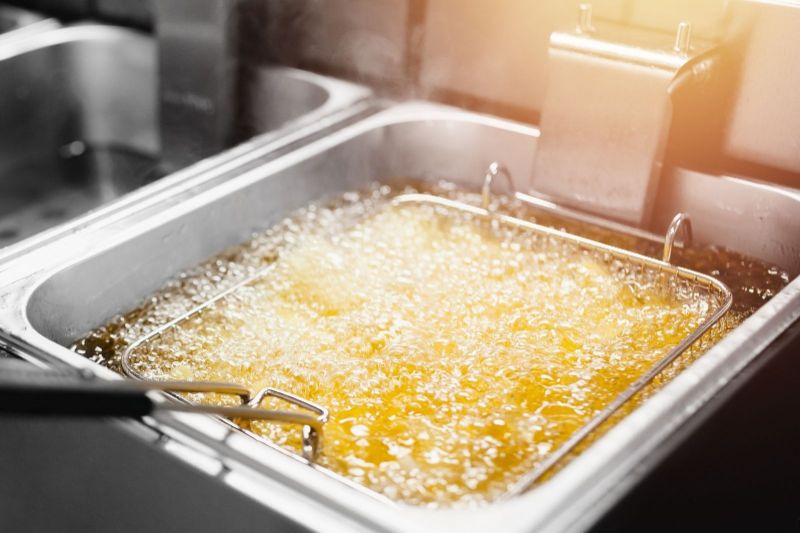Cooking oil disposal can be a tricky task for many homeowners. Not only is it messy, but it can also be harmful to the environment if not disposed of properly. If you're unsure of how to properly dispose of your cooking oil, read on for some helpful tips.
First, it's important to understand that cooking oil should never be poured down the drain. This can cause clogs in your pipes and can even damage your septic system. In addition, pouring oil down the drain can also harm the environment by polluting the water supply.
One option for cooking oil disposal is to let the oil cool and solidify, then scrape it into a sealed container and throw it in the trash. However, it's important to note that this method is not very environmentally friendly as the oil can still leak into the environment during transport to the landfill.
Another option is to take advantage of local recycling programs that collect and recycle used cooking oil. Many cities and towns have programs in place where you can drop off your used cooking oil at designated locations. This oil is then processed and converted into biofuel. Not only is this a more environmentally friendly option, but it also helps to reduce our dependence on fossil fuels.
If you're not sure whether your city or town has a cooking oil recycling program, check with your local government or waste management company. They should be able to provide you with information about where to drop off your used oil.
In addition to recycling, you can also use your used cooking oil for other purposes. For example, if you have a backyard compost, you can add the cooled oil to your compost pile to add some much-needed moisture. You can also use it to lubricate tools or even as a fire starter.
In summary, cooking oil disposal can be a tricky task, but it doesn't have to be. By understanding the importance of not pouring oil down the drain and taking advantage of local recycling programs, you can safely and responsibly dispose of your cooking oil. You can also get creative and repurpose your used oil for other purposes such as backyard composting or lubricating tools.

